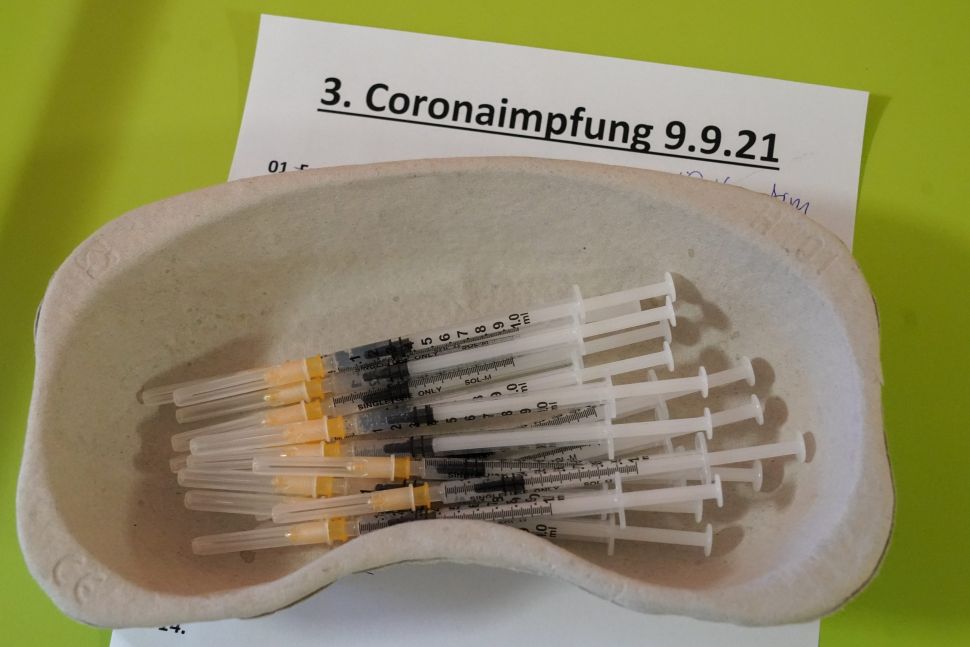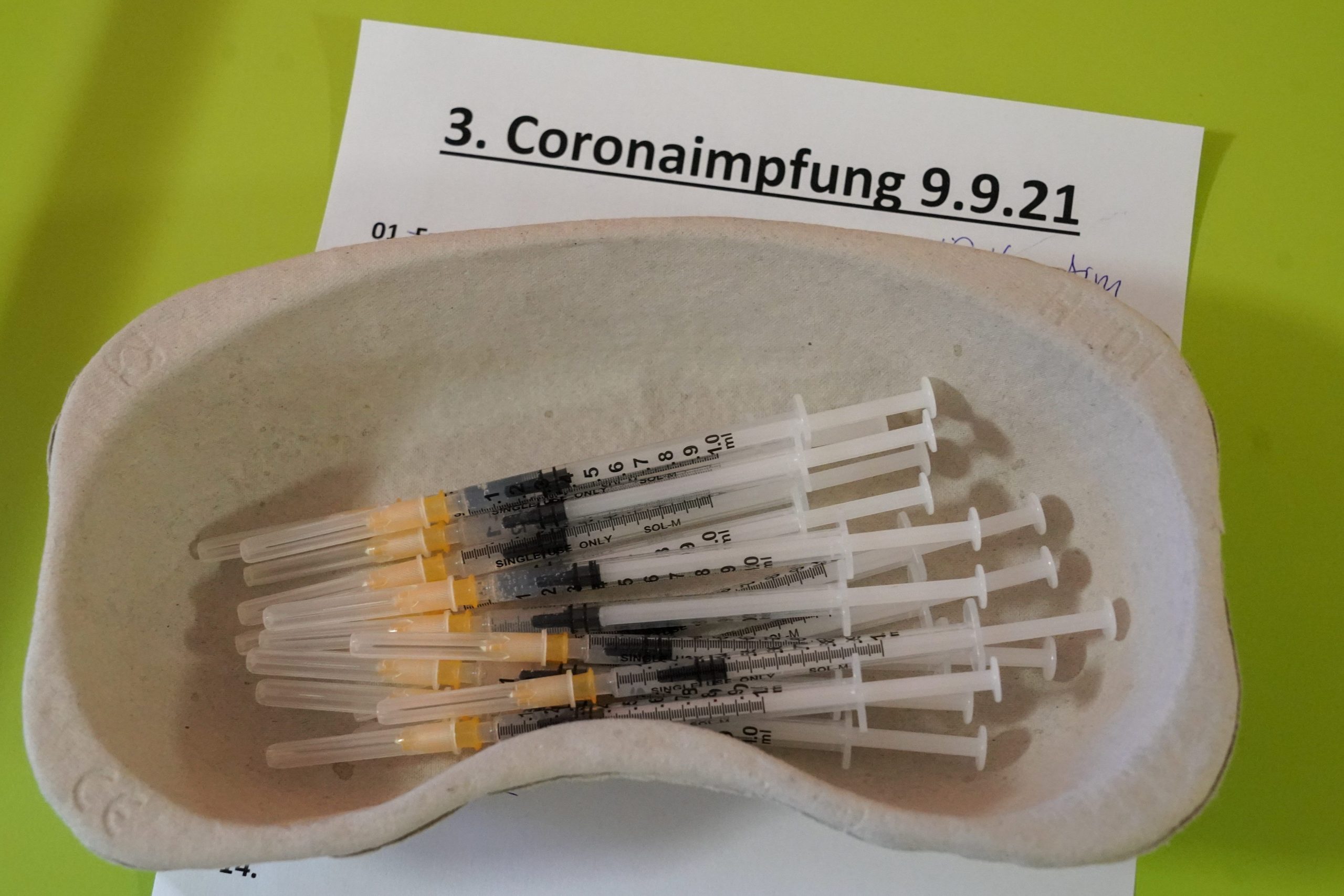
Past month, a serious-planet examine of 1,600 Belgian wellbeing care staff discovered that the Pfizer-BioNTech COVID-19 vaccine developed only fifty percent as many antibodies than the related Moderna shot in clients six to 10 weeks following comprehensive vaccination. Scientists mentioned the change could be in component owing to a bigger total of mRNA, the productive ingredient in the two vaccines, in the Moderna shot.
Pfizer’s BNT162b2 vaccine has 30 micrograms of mRNA, when Moderna’s mRNA-1273has 100 micrograms.
In an job interview with the Economic Instances published on Wednesday, Pfizer’s chief scientific officer Philip Dormitzer said the corporation chose a lower dose of mRNA in its coronavirus vaccine to limit the danger of not comfortable facet effects.
“If you appear at what’s going on with all the COVID-19 vaccines out there, the derailer has usually been adverse events that have cropped up,†he informed the newspaper.
Dormitzer said Pfizer utilized “the minimum amount dose level†needed to induce an immune response that was more robust than contacting COVID-19.
Pfizer’s and Moderna’s COVID-19 vaccines develop related facet effects, like muscle mass pain, redness and inflammation, exhaustion, and fever. The CDC has acknowledged scarce facet outcomes, these as a form of coronary heart irritation referred to as myocarditis, in these mRNA-centered vaccines.
The Belgian research, published as a investigate letter in the Journal of the American Medical Affiliation (JAMA) on August 30, found that antibody levels in people vaccinated with two doses of Moderna photographs averaged 2,881 models for every milliliter, in contrast with 1,108 models for each milliliter in a similar-sized team who acquired the Pfizer-BioNTech vaccine.
A equivalent analyze done in the U.S., posted as a letter to JAMA on September 2, observed that the Pfizer vaccine created a decreased antibody stage in people aged 50 and older than in youthful recipients, when the Moderna vaccine saw no variance in antibody concentrations amid age teams. In each individual age group, Moderna’s antibody amounts have been persistently higher than Pfizer’s. Researchers, much too, explained the variances could be defined by the sum of mRNA.
A different crucial element of vaccine success is how antibody levels modify above time. Antibody ranges from mRNA-primarily based vaccines have been discovered to wane right after a several months. Scientists in the Belgian study stated Pfizer’s and Moderna’s diverse injection interval may also be dependable for the various antibody levels they observed.
Both equally vaccines have a two-dose framework. The Moderna pictures were being administered 4 weeks apart, as opposed with a few months for Pfizer.

